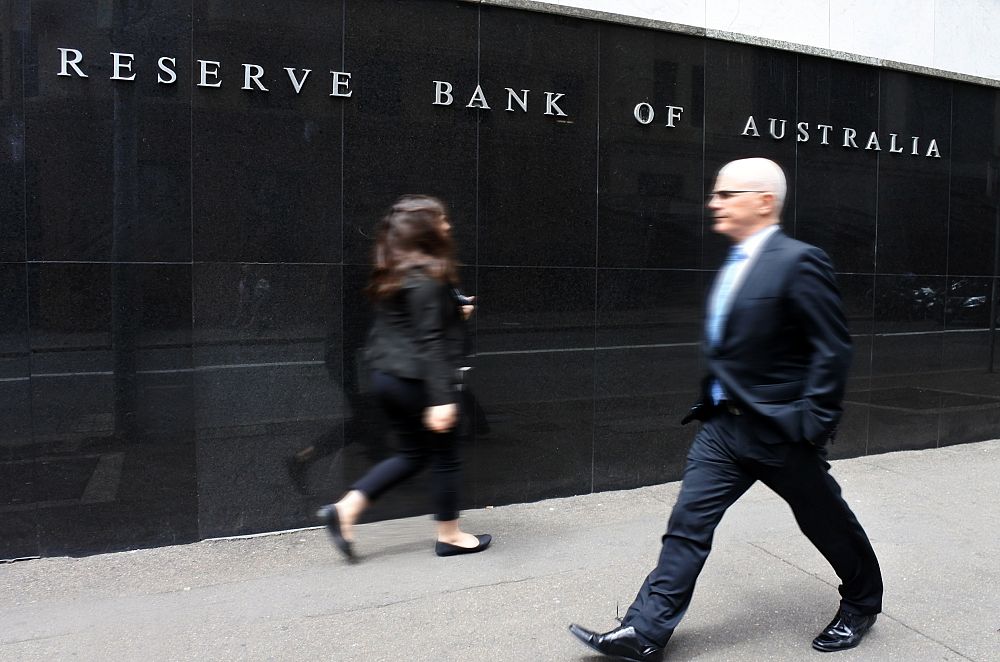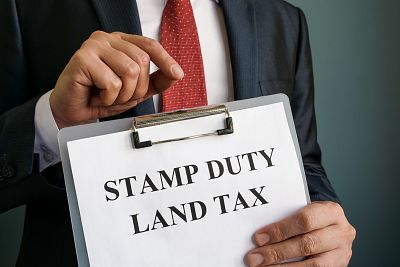Jim Chalmers wants a truly independent RBA. He should be careful what he wishes for

Might Jim Chalmers have forgotten Labor Party history?
The treasurer says he is on board with all of the recommendations of the independent review of the Reserve Bank.
One of them – the first – is to make the bank truly independent of the government that owns it by removing the treasurer’s power overrule its board.
At the moment the Reserve Bank of Australia Act makes it clear that in the event of a disagreement between the government and bank’s board, the government has the right to force the bank to do its bidding.
In order to overrule the board, the treasurer must
The treasurer is required to inform the House of Representatives of these actions within 15 sitting days.
It’s a clause that has never been used, and the review didn’t think it was useful, saying giving an elected government ultimate control of monetary policy could limit the credibility of the bank’s commitment to deliver low and stable inflation.
But Australian and Labor Party history suggests the clause is there for a reason.
Theodore vs Gibson
In 1930, the Scullin Labor government was only in office two weeks before it was hit by the 1929 Wall Street crash and the beginning of the Great Depression.
The Australian government and the states had all borrowed heavily from London and faced a huge servicing cost at a time when the prices of Australia’s leading exports of wool and wheat slumped.
The London capital markets refused to lend anything else to Australia, and that, along with all of Australia’s state governments cutting back spending, put the Australian economy into free-fall.
Labor Treasurer Edward G. Theodore was economically enlightened and believed along with economist John Maynard Keynes that it made sense to use debt-financed public works to soak up unemployment.
Theodore wanted Australia’s Reserve Bank (then called the Commonwealth Bank) to issue treasury bills to finance the public works and provide relief to farmers.
In his way stood the independent Commonwealth Bank board and its austere chairman, Sir Robert Gibson who was an unswerving devotee of “sound finance” and wary of budgets that weren’t balanced.
In April 1931, Gibson wrote to Theodore warning that a point was being reached
The bank was saying no to the treasurer.
Theodore replied that Gibson’s attitude
Gibson wouldn’t budge, and there was no mechanism to break the impasse.
Eventually, Theodore backed down. His successor, Ben Chifley, was one of the commissioners on the 1937 Royal Commission into the Banking System.
The RBA was made subservient for a reason
The commission recommended that in any conflict between the bank board and the government over monetary policy, the government should prevail.
As prime minister, Chifley had the principle enshrined in the Commonwealth Bank Act of 1945, and it was later enshrined in the Reserve Bank Act of 1959.
The ultimate supremacy of the government over the Reserve Bank board was hard won – by Labor – and it is easy to imagine circumstances in which a future government might need it.
Even the knowledge that the trigger is there, never pulled, lets the board know it is not able to go completely rogue and act against the wishes of a democratically elected government.
Chalmers ought to consider the wisdom of keeping his ultimate power in reserve.
One day, Chalmers or his successors might need to use it.
Alex Millmow Senior Fellow, Federation University Australia. This article is republished from The Conversation under a Creative Commons license. Read the original article.
Tags: government conversation interest rates









